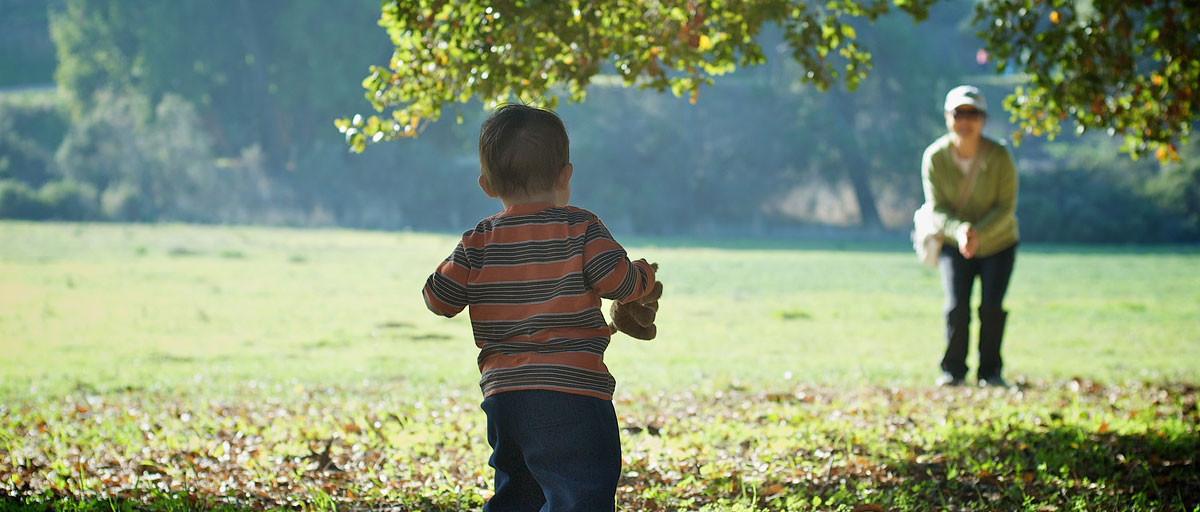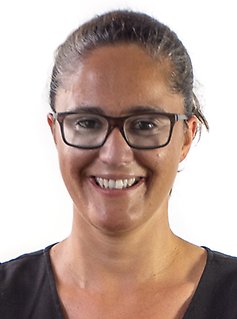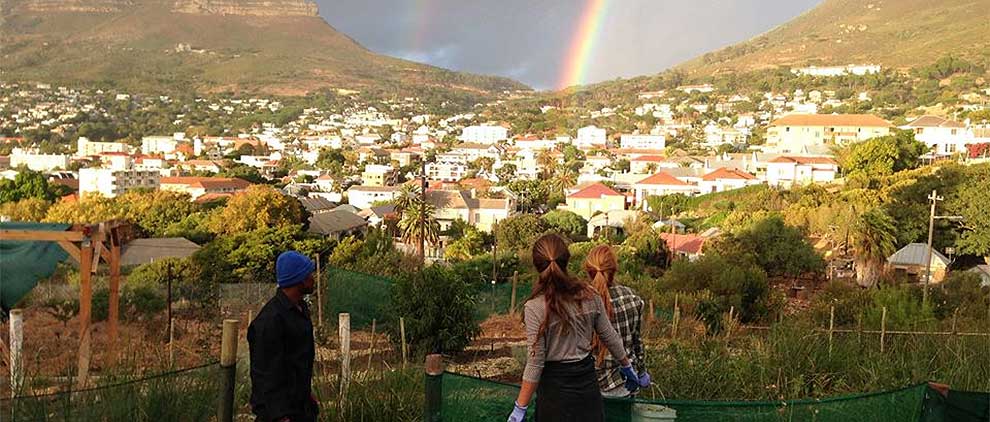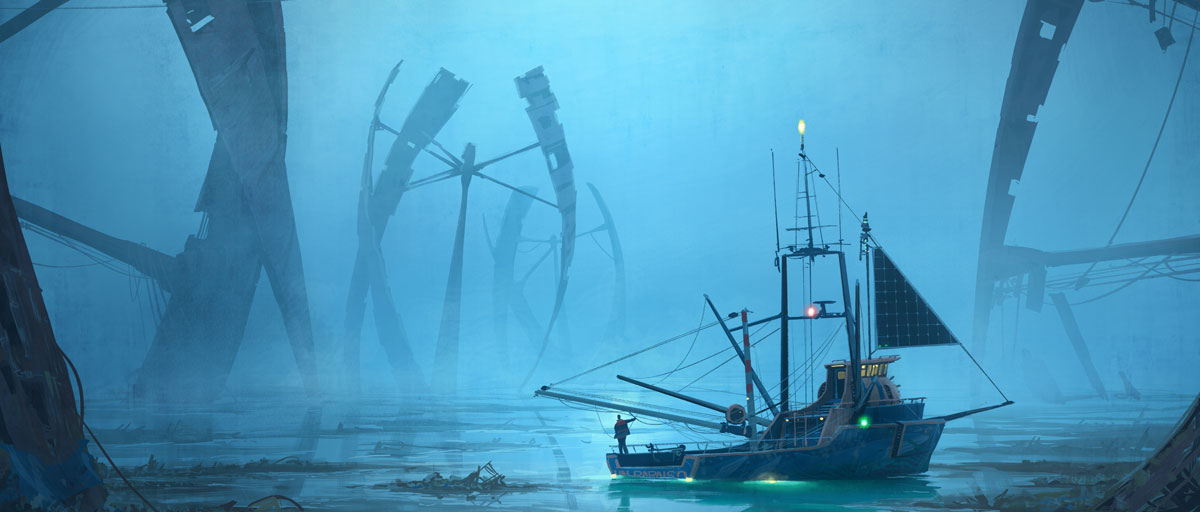Bildtext får vara max två rader text. Hela texten ska högerjusteras om den bara ska innehålla fotobyline! Photo: B. Christensen/Azote
HUMAN-NATURE RELATIONSHIPS
Creating pathways to futures where people and nature support one another
- Creating a sustainable world requires imagining futures in which nature can thrive
- There are many different ways that people relate to nature and futures should incorporate this diversity
- The Nature Futures Framework captures this diversity to inform decision making processes, helping to make diverse, desirable futures possible
Humanity relies on nature in a wide variety of ways. Opening up a diversity of perspectives is critical to identify pathways towards desirable futures
WIDE-RANGING UNDERSTANDINGS: Economic activity is unravelling the living web of life that supports humanity.
But it is possible for people to live in ways that do not undermine the resilience of the Earth’s biosphere, that reverse the extinction rate, and that strengthen our cultural connections to Nature.
Developing policies and practices that move us towards such a future requires imagining diverse desirable futures for people and nature - futures which embrace the diversity of ways different people, places, organizations, and cultures connect to nature.
So how can we make sure that this important diversity of understandings are listened to?
Creating diverse futures
In a paper published in People and Nature, centre researchers Laura Pereira, Jan Kuiper and Garry Peterson together with an international team present a new approach for creating diverse futures in which people and nature thrive - the Nature Futures Framework (NFF).
The approach was developed as part of the workplan of the Intergovernmental Science-Policy Platform on Biodiversity and Ecosystem Services (IPBES). All authors are members of the IPBES’s Scenarios and models task force, which has been working to develop new ways of incorporating multiple connections with nature in scenarios and models.
The works is based on a methodology developed through the Seeds of Good Anthropocenes.
If humanity is to achieve a more sustainable and prosperous future rooted in flourishing nature, it is critical to open up a space for wide-ranging understandings of what this might look like.
Laura Pereira, lead author
Making a sustainable future a reality
The process of deciding the steps we should take to reach a desirable future can be supported by the production of visions, scenarios, and pathways that are collectively developed with relevant stakeholders.
The NFF is designed to guide these processes, holding on to the diversity of perspectives on what is desirable, and enabling the development of shared goals across specific places and perspectives on nature.
“A sustainable world cannot be achieved without transformative systemic societal change. As the global community sets out to develop new goals for biodiversity, the Nature Future Framework can be used as a navigation tool helping to make diverse, desirable futures possible,” conclude the authors.
The research article is accompanied by a plain language summary Creating desirable futures for nature: The Nature Futures Framework which has been translated into 25 languages.
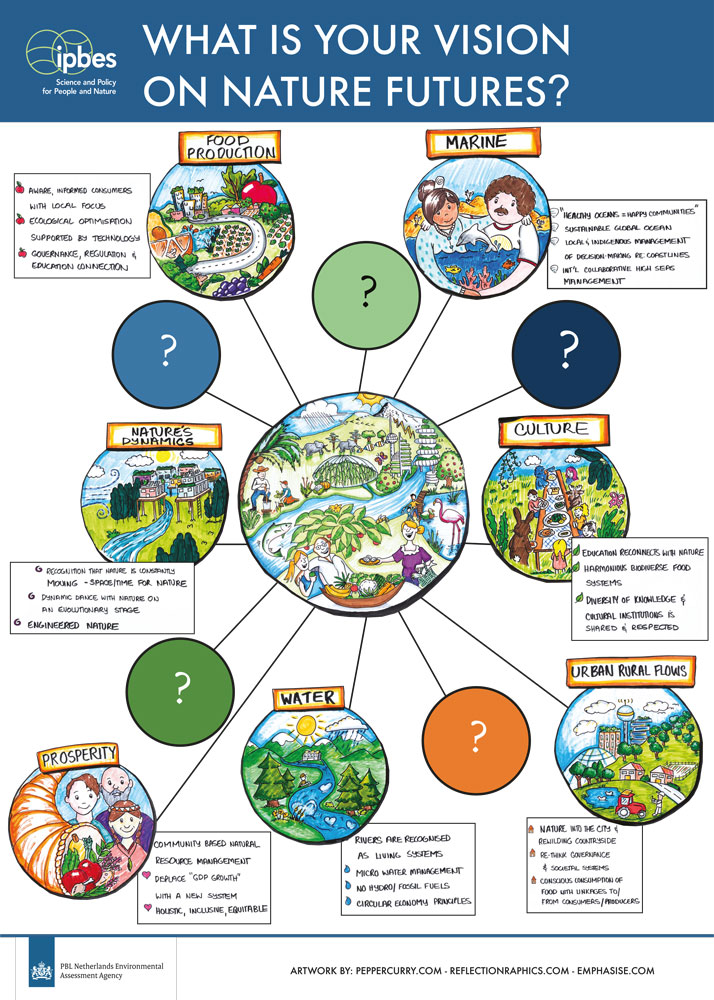
Poster used for IPBES 6 to illustrate and explain the current visions and to encourage people to suggest new areas or themes for exploration. Click on illustration to access scientific study.
Pereira, L. M., Davies, K., Belder, E. d., Ferrier, S., Karlsson-Vinkhuysen, S., Kim, H., Kuiper, J. et.al. 2020. Developing multi-scale and integrative nature-people scenarios using the Nature Futures Framework. https://doi.org/10.31235/osf.io/ka69n
For more information about the study, contact lead author Laura Pereira
